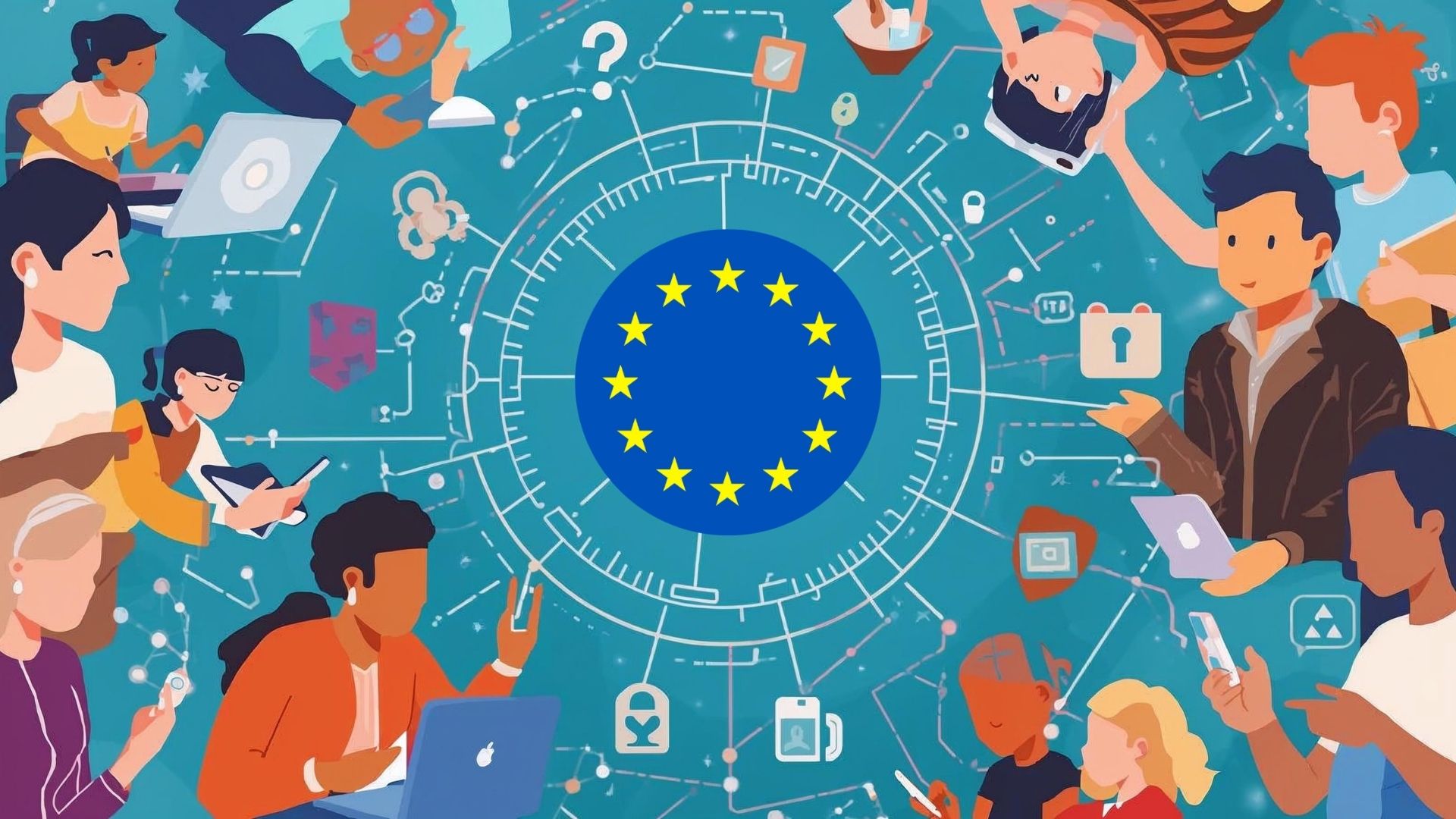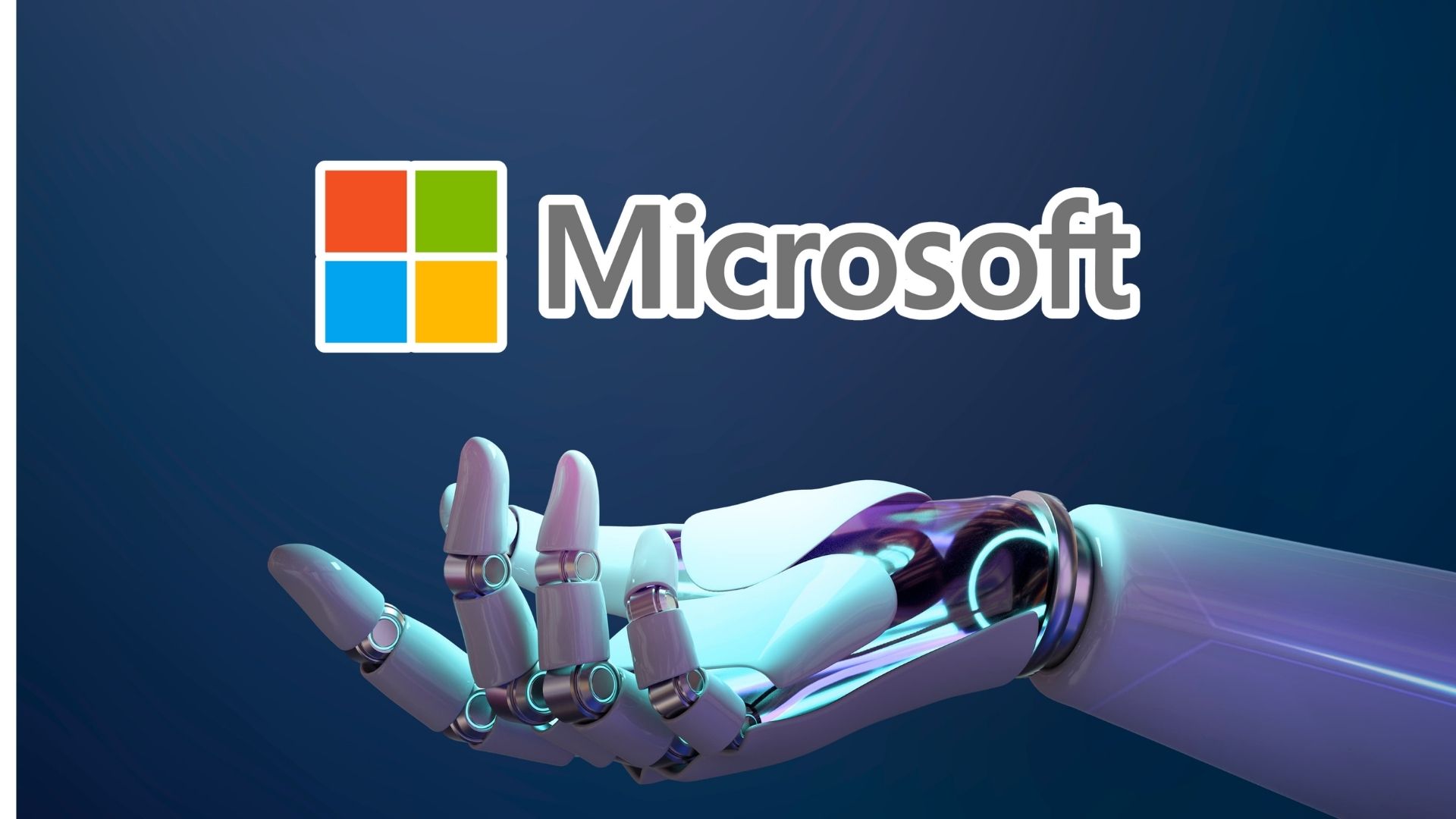OpenAI said its new Codex Mac app has surpassed one million downloads just over a week after launch, with overall Codex usage rising by 60% following the release of GPT-5.3-Codex.
The strong uptake has prompted OpenAI to extend free access to Codex for Free and Go users beyond the initial launch promotion. Sam Altman said usage limits for lower tiers may be tightened, but access would remain available so more users can experiment and build.
Separately, OpenAI released a YouTube video showcasing a redesigned Deep Research interface, introducing a full-screen report viewer that opens research outputs in a separate window from the chat interface.
The updated layout includes a table of contents for navigation, hyperlinks, and anchor tags within reports, and a dedicated source panel for verification. Users can also download reports as PDF or Word files, while new controls allow research scopes and sources to be adjusted during generation.
The Deep Research updates are available to Plus and Pro users, with broader access expected soon. OpenAI also confirmed the changes in ChatGPT release notes on 10 February and announced a more minor GPT-5.2 update focused on more measured responses.
Would you like to learn more about AI, tech, and digital diplomacy? If so, ask our Diplo chatbot!










